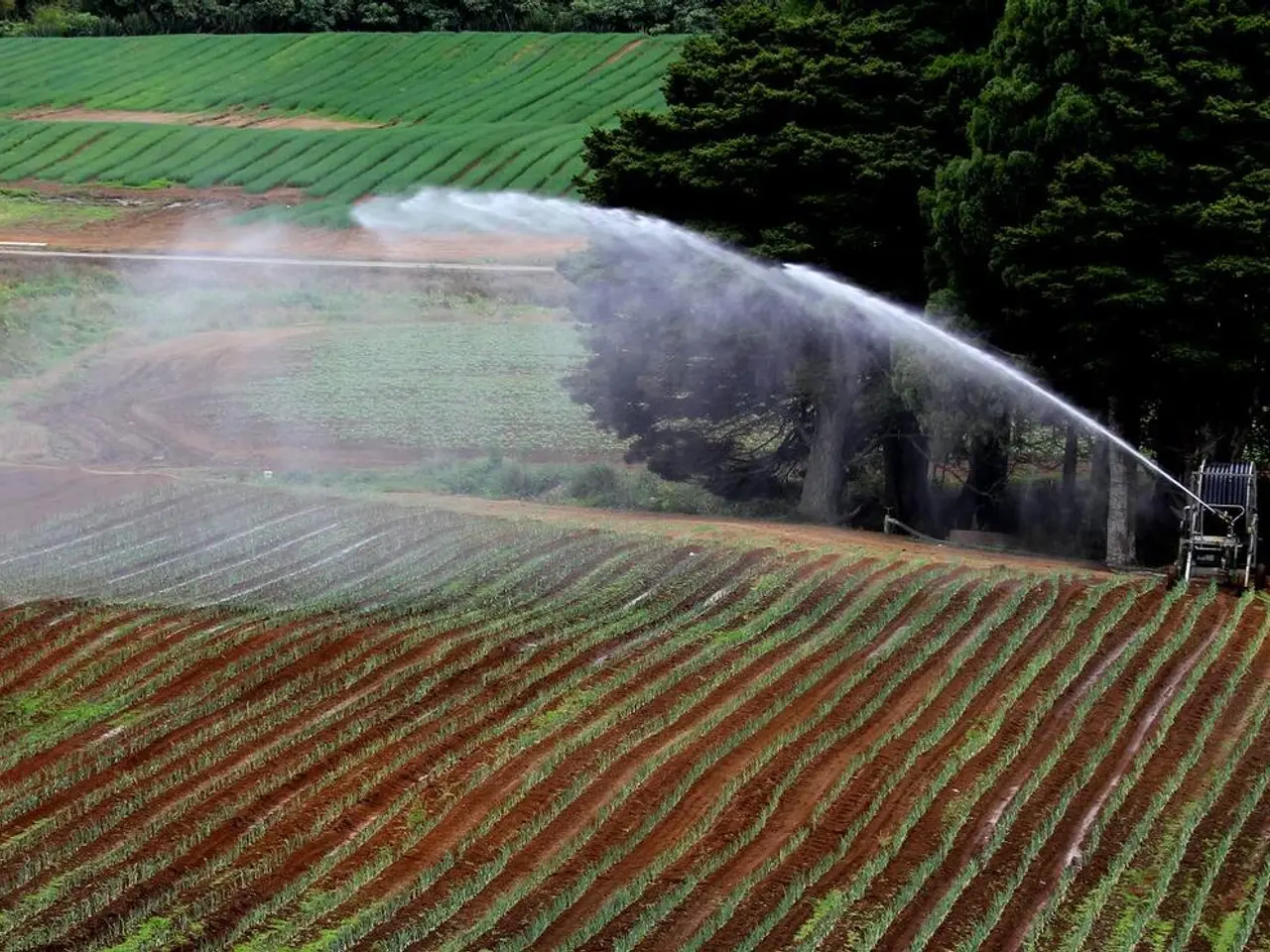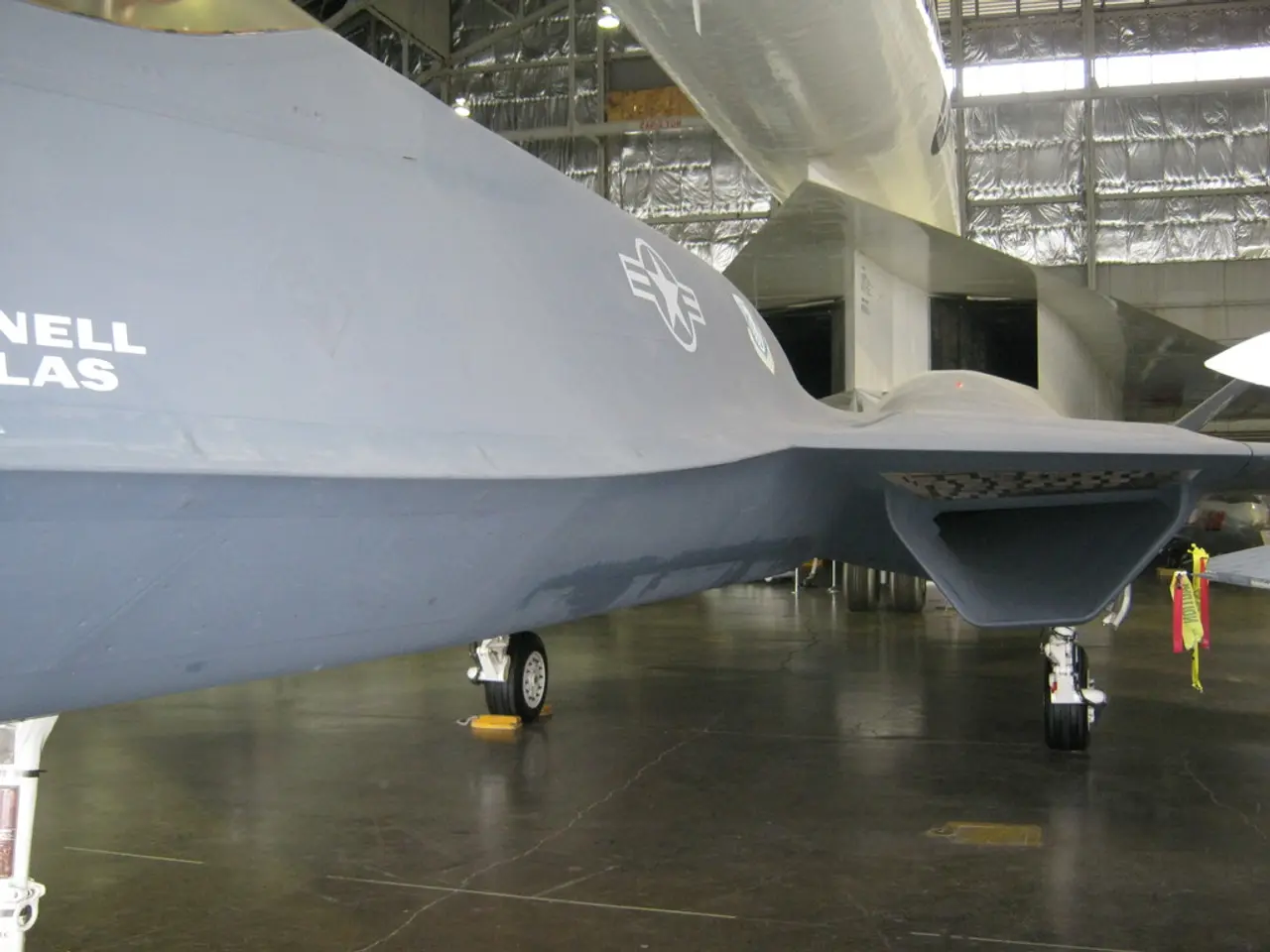Unsatisfactory progress reported in $300m SWAT project: World Bank evaluation
The Sindh Water and Agriculture Transformation (SWAT) project, a $300 million initiative approved by the World Bank in December 2022, is progressing with mixed results. The World Bank has rated the overall implementation progress as moderately unsatisfactory, citing some delays.
The project aims to increase agricultural water productivity in selected farmers’ organisation command areas, improve integrated water resource management, and support recovery for farmers affected by the 2022 floods. Key updates on components of the SWAT project are as follows:
**Hydro-Agro Informatics Program:** The design phase, led by the Irrigation and Agriculture departments, is underway but not yet complete. Full implementation of core activities is expected to start in 2026 after the design phase concludes. The U.S.-Pakistan Center for Advanced Studies in Water (USPCAS-W) at Mehran University of Engineering and Technology (MUET) is actively involved in related research and stakeholder engagement for water conservation and management innovations.
**Water Resources Bill:** A first draft of a new water resources bill has been prepared and is under review by the Sindh Irrigation Department. The bill aims to replace outdated laws from 1879 and 2002 with a unified legal framework for integrated water resource management and irrigation services. It is expected to be submitted soon to the Sindh Provincial Assembly by the Sindh Law and Parliamentary Affairs Department.
**Water Pricing Reform and Abiana Rates:** The Sindh Irrigation Department is conducting a study on water pricing reform, which will inform adjustments to Abiana (irrigation water charges). This will align with a concurrent Federal Water Pricing Study.
**Farmer Organization Sub-Projects:** The project focuses on increasing water productivity specifically within selected farmers' organisation command areas, though detailed progress on individual farmer organisation sub-projects is not given. The overall project goal includes supporting small and medium-sized farmers in their recovery from flood impacts.
**Flood Emergency Response:** The SWAT project aims to support recovery of crop production for farmers affected by the 2022 floods, indicating an emergency response component integrated into its objectives. Specific recent flood emergency response actions are not detailed in the available information but recovery support is a noted objective.
Apart from the SWAT project, the Agriculture Department is advancing work related to crop reporting, soil salinity management, value chain development, and discussions on wheat monitoring and agriculture research policy. The Sindh Irrigation Department has undertaken a water pricing reform study. Area Development Plans (ADP) for the three pilot Farmer Organisation (FO) sub-projects are under preparation.
The design of the Hydro-Agro Informatics program under the Irrigation Department and the Agriculture Department is underway. The Akram Wah Rehabilitation sub-project procurement activities are underway, with contract award expected in early 2026. Subproject assessment reports will evaluate the change in agricultural surface water productivity attributable to the project.
Flood Emergency Response (FERC) payments are expected to conclude later in 2025. The implementation of key activities for the Hydro-Agro Informatics program is expected to start in 2026. As the project moves forward, it is hoped that the delays will be addressed, and the objectives will be achieved, contributing to the recovery and sustainable development of agriculture in Sindh.
- The Hydro-Agro Informatics Program, a component of the SWAT project, is under design by the Irrigation and Agriculture departments, with the U.S.-Pakistan Center for Advanced Studies in Water (USPCAS-W) at Mehran University of Engineering and Technology (MUET) contributing to water conservation research and stakeholder engagement.
- In the realm of finance, the Sindh Irrigation Department is conductng a study on water pricing reform, which will influence adjustments to Abiana (irrigation water charges), aligning with a concurrent Federal Water Pricing Study.
- The SWAT project, beyond agricultural endeavors, also includes an environmental-science aspect, aiming to support recovery of crop production for farmers affected by the 2022 floods, suggesting an integration of industry and science for emergency response in farming communities.




